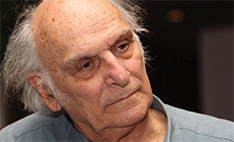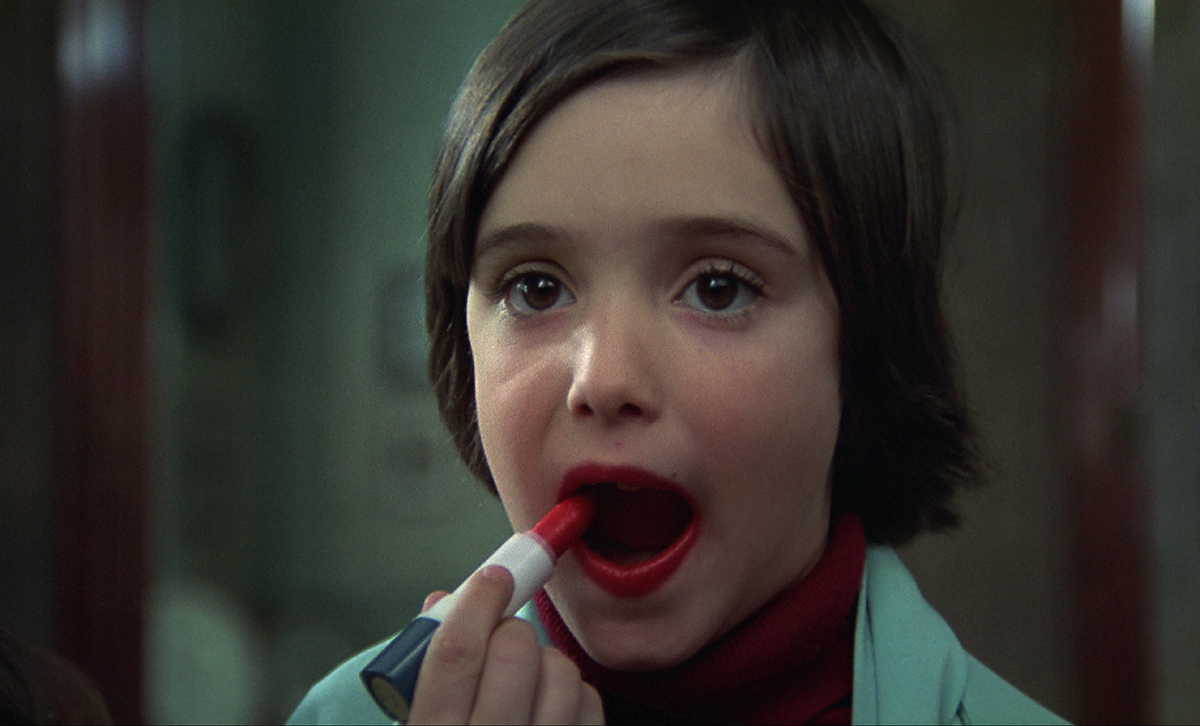페이지 정보
Cria Cuervos
|
작성자최고관리자 작성일24-04-04 조회294 |
|---|
본문
Spain / 1976 / 109min / DCP / Color / Fiction
Synopsis
Nine-year-old Ana can't sleep anymore in her large detached house in Madrid. Her parents have recently died. Her mother ended her life in grief and lustful resentment, and her father succumbed to a vengeful government. As an unwitting witness to these two deaths, Ana explores the world of adults and creates her own universe. She clings to dreams and memories to summon her mother and save her love. Her daily life is filled with games she plays with her sisters.
Program Note
Cría Cuervos, a film that began production amidst the waning days of Spanish dictator Francisco Franco and was theatrically released after his death, is often regarded as one of Carlos Saura's masterpieces. If this film still retains contemporary significance and relevance in our century, it is due to the unblemished countenance of Ana Torrent, evoking a subtle cruelty devoid of malice, and to the camera's nonchalant gaze, which seems to casually affirm it. There is no myth of childhood's innocence in this film. Instead, there are the games of children who secretly serve poison to their father's generation and open up new moments with an air of effortless poise. (Yoo Unseong)
Director
-

- Carlos Saura
- Carlos Saura was born in 1932 in Huesca, Spain. While working as a professional photographer, he studied film at the Film Institute in Madrid in 1952. He made his directorial debut with The Delinquents in 1960 and started gaining attention with his third film, La Caza (The Hunt). After the fall of the Franco regime, he emerged as a leading director in Spain, known for his flamenco trilogy, which he directed in collaboration with dancer and choreographer Antonio Gades. His films in the flamenco trilogy earned him international acclaim.
- 이전글 Take This Waltz
- 다음글 A Love Bewitched



















































